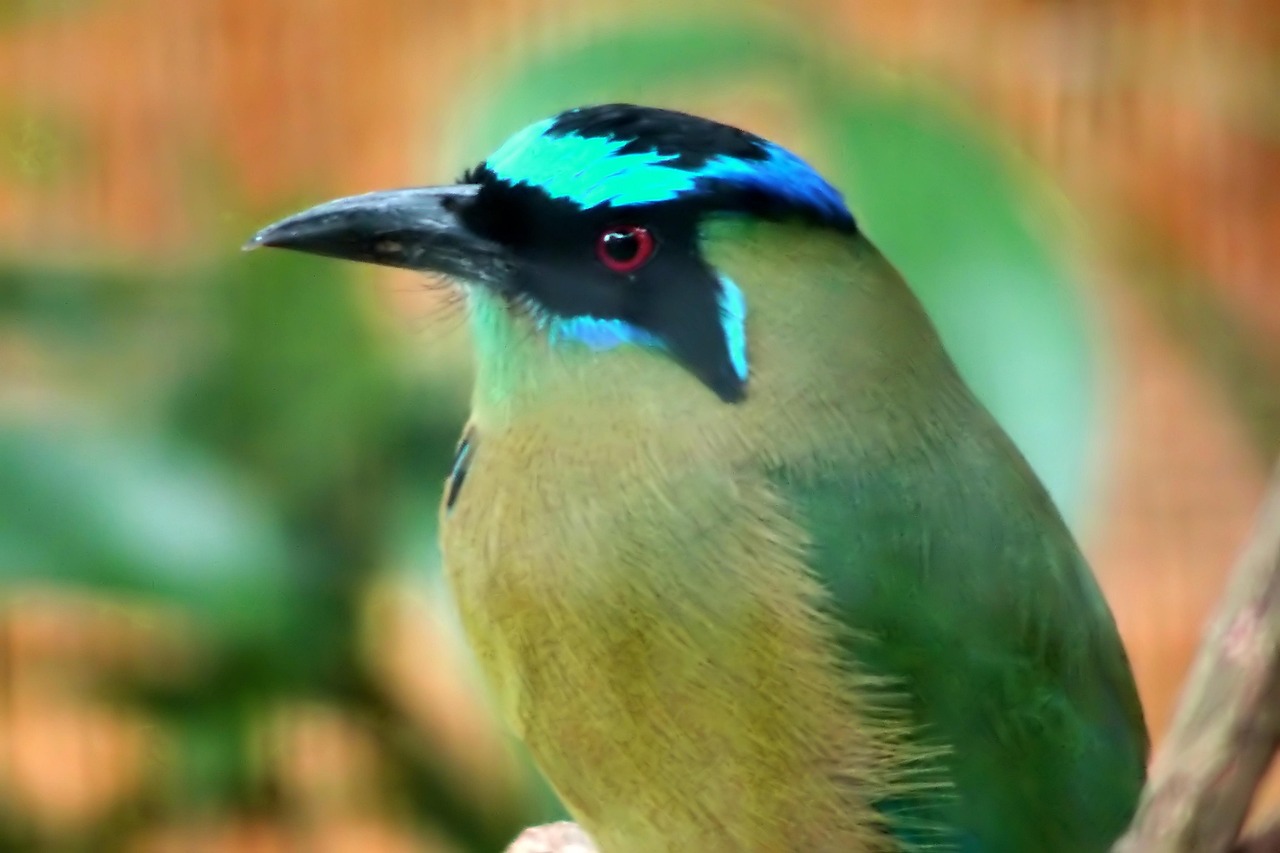Exploring NFT-Supported Community Gardens: A Convergence of Technology and Sustainability

In the evolving landscape of blockchain technology, Non-Fungible Tokens (NFTs) are garnering attention beyond the realms of digital art and collectibles. One intriguing application that is gaining traction is the use of NFTs to support community gardens. These initiatives are redefining how we think about community engagement, environmental sustainability, and decentralized finance.
Community gardens have long served as vital green spaces in urban areas, fostering community spirit, providing access to fresh produce, and promoting environmental awareness. However, they often face challenges such as funding, land access, and community engagement. Enter NFTs—a blockchain-based solution that offers a new layer of financial and operational support.
Understanding NFTs and Their Role in Community Gardens
Non-Fungible Tokens are unique digital assets verified using blockchain technology. Unlike cryptocurrencies such as Bitcoin or Ethereum, which are fungible and identical, NFTs are one-of-a-kind, making them ideal for representing ownership of unique items or rights. In the context of community gardens, NFTs can be used to:
- Fundraise: By selling NFTs, community gardens can raise funds for initial setup costs, maintenance, and expansion projects. Each NFT can represent a share in the garden’s future produce or a commemorative digital token of support.
- Engage the Community: NFTs can incentivize community participation. Owners of NFTs related to the garden may gain voting rights in decisions about the garden’s operations or receive exclusive updates and digital content.
- Ensure Transparency: Blockchain’s decentralized nature ensures transparency in how funds are managed and allocated, building trust among contributors.
Global Trends and Case Studies
Globally, several projects are pioneering the integration of NFTs with community gardens:
- Berlin’s Urban Oasis: In Berlin, a community garden project launched a series of NFTs representing various plots within the garden. NFT holders are entitled to receive part of the harvest, fostering a direct connection between digital ownership and physical produce.
- New York’s Green Thumb Initiative: In New York, an initiative leverages NFT sales to fund urban gardening workshops and educational programs, aiming to engage young people in sustainable practices.
- Tokyo’s Tech Gardens: Tokyo’s approach uses NFTs to document the growth and development of the garden, creating a digital timeline that can be appreciated by supporters worldwide.
Challenges and Considerations
While the integration of NFTs with community gardens offers promising opportunities, there are challenges and considerations to address:
- Environmental Concerns: The energy consumption associated with blockchain technology is a significant concern. It’s crucial to explore energy-efficient blockchain platforms or offset strategies to align with the sustainability goals of community gardens.
- Accessibility: Not all community members may be familiar with blockchain technology or NFTs. Educational initiatives are essential to ensure inclusivity and understanding.
- Regulatory Hurdles: The legal landscape surrounding NFTs is still developing, and projects must navigate issues related to ownership rights and financial regulations.
The Future of NFT-Supported Community Gardens
The intersection of NFTs and community gardens represents a novel approach to sustainable community development. As blockchain technology continues to evolve, its applications in facilitating greener urban spaces are likely to expand. By leveraging NFTs, community gardens can secure new funding sources, increase transparency, and foster a sense of shared ownership among community members.
While the road ahead has its challenges, the potential benefits of NFT-supported community gardens underscore the importance of continued innovation and collaboration across technology and environmental sectors. As more projects emerge and evolve, they will provide valuable insights into how NFTs can be harnessed to support sustainability and community cohesion in urban environments worldwide.















